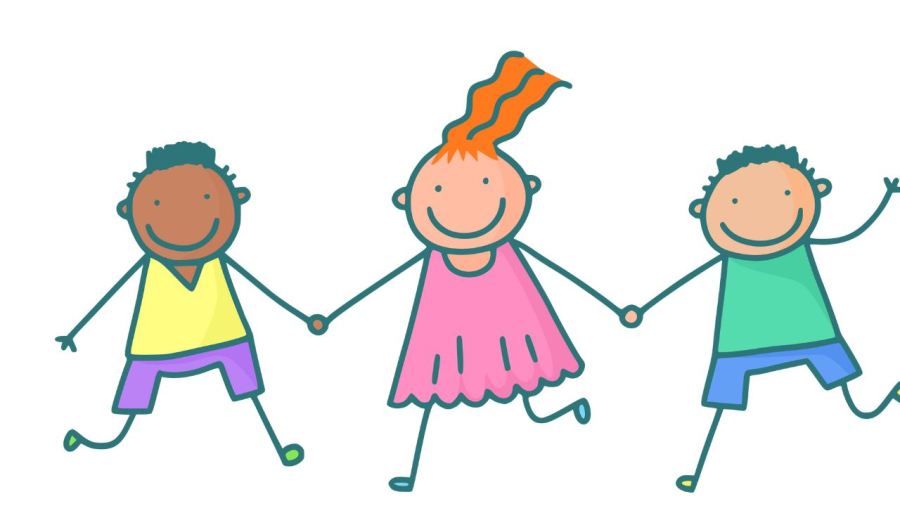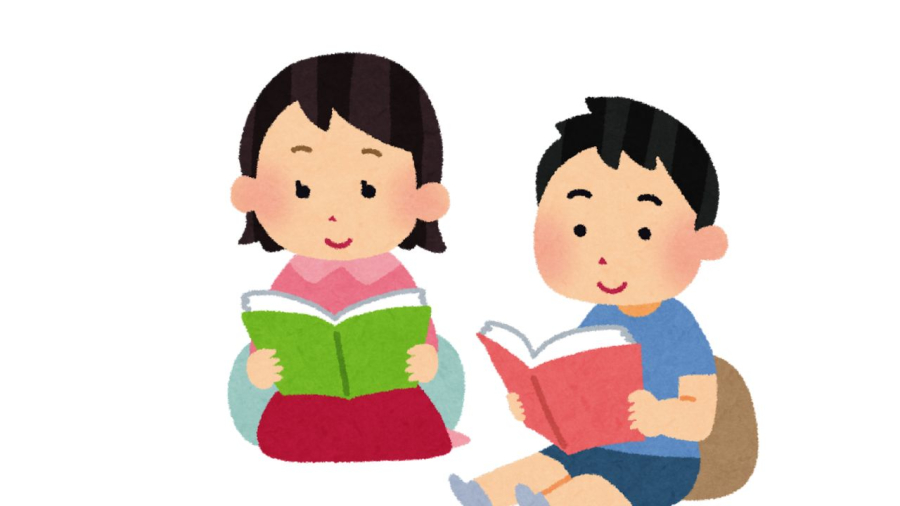Children’s Playtime
Some parents believe that only studying is important and that playing is a waste of time. In reality, playing is also very beneficial for young children. Children need to play to release energy, to relax, and to help them develop better. However, for many parents, a child’s playtime is always “sacrificed” to focus on the sole “useful” task of studying. It seems like playing and studying are opposites.
When children play, they learn many skills. Moreover, playing helps children release energy, so they are more relaxed and less likely to be anxious or frustrated, which makes them more obedient and better at studying. However, in reality, many children who don’t have classes at school have to sit diligently at their small desks at home, with almost no time to relax.

Playing helps children develop and become more obedient
Parents who don’t let their children play are actually harming them. Playing helps children improve their physical strength, observational skills, motor skills, and social skills. For example, the game “playing house” is a role-playing game that most children love to play, where they pile bottles and cans on the table, pretend to cook, hold spoons and pretend to feed stuffed animals, and play the roles of father and mother. In this seemingly boring and meaningless play, children practice fine motor skills and improve their language communication skills. This way, children learn the rules of the adult world and learn about division of labor and cooperation.
Playtime also helps children relax and reduces stress and fussiness. Therefore, it is extremely important for children to have playtime, to let them have fun, and to guide them in playing beneficial games.
”Meaningless” Hobbies
Sometimes children like very simple things that are not very sophisticated, such as tearing paper or collecting superhero pictures. If parents respect their children’s hobbies, they will teach them about the meaning of life. However, if parents think these are trivial hobbies, it will negatively affect their children.
Many children will be obsessed with certain things or have certain special interests, and their feelings of joy and happiness often come from these small “useless” things. Many people think that only grand hobbies will lead to success in the future, such as liking cars, programming, or repairing things.
Many parents look down on their children’s hobbies and consider them trivial. Once their children’s academic performance declines, these “hobbies” become the culprits and are ruthlessly prevented and punished.
Parents need to remember that if their children’s hobbies do not violate morality or customs, they should let their children continue with them. To have a happy and fulfilling childhood, children should have time to do the things they enjoy, even if, in their parents’ eyes, those things are too ordinary.
It can help children maintain a positive, optimistic attitude, and their spirits will definitely be enriched. When they do these things, they also experience true happiness. These childhood joys can be the most valuable and precious things in a child’s life.
Each child is an individual with different interests and abilities, so there is never a “useless” hobby, even if the child cannot become an expert in that field. In the process of exploring, children will also gain a lot: they are respected, they understand love, and they understand the meaning of joy. Therefore, parents should not prevent their children from having “useless” hobbies, but should be a strong supporter behind them.

Even recreational books can be beneficial for children
Recreational Reading
There are many types of books on the market. It is not always necessary to force children to read classic philosophical books. Sometimes recreational books can also be valuable. Teach children to allocate their reading time, but only when they satisfy their own interests and needs first. Only then can children continue to read a variety of genres. Children do read what adults consider “good books,” it just takes time.
Recreational books are a lure to get children hooked on reading. Parents just need to make sure the content is harmless to their children and that the amount of time they spend on them is not excessive.
Experiencing Life
Many families believe that studying is the main task, and that staying home is safe, while going out to play is dangerous.
If they worry about this all day long, their children’s development will be stifled. Many children who don’t get to experience life become depressed and melancholic. For example, there are children who like to go into the kitchen with their parents, but are chased out because they are afraid of getting in the way, and the child is only supposed to study. Therefore, many children lack real-world experience, so they lack self-discipline, self-confidence, gradually lose their ability to recognize happiness, and become trapped in worries about grades.
The ability to be happy is the most important thing in a child’s life. This subjective feeling is hidden in the small details of life, such as the whole family cleaning together, going for walks, learning to cook together… Letting children experience life is awakening their vitality.
Therefore, parents should pay attention to these seemingly useless things, but they are very beneficial for young children. Some very important changes in a child’s life can come from these seemingly useless things.
Mothers’ Need for Awareness of Dual Activity of Breastfeeding and Watching TV
In the contemporary world, in which technology pervades our lives, some mothers tend to soothe their babies through nursing while simultaneously watching television. Although this practice may not appear to affect the infant, studies show that it can in fact have dire repercussions on the baby’s well-being, both in terms of physical health and mental growth. In this article, we will look at the possible reasons for this activity and its potential outcomes.


































